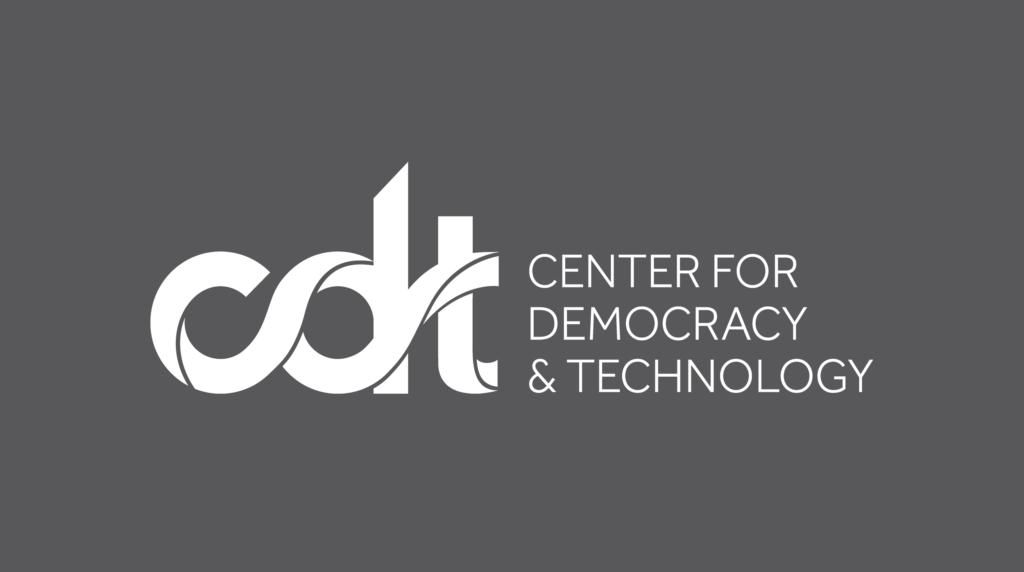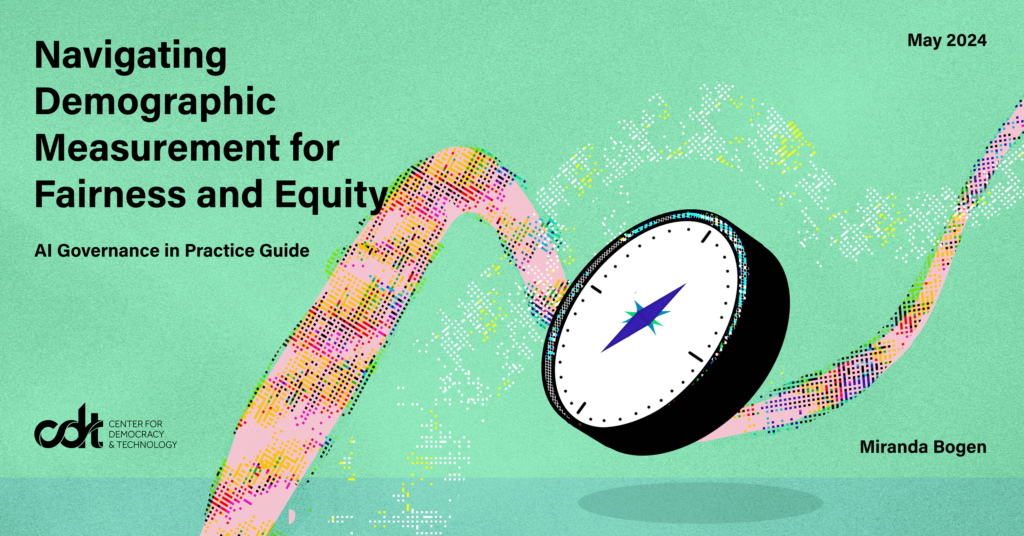AI Policy & Governance, Privacy & Data
In Our Tech Reckoning, People with Disabilities are Demanding a Reckoning of their Own
This op-ed, co-authored by the President and CEO of the American Association of People with Disabilities (AAPD) Maria Town and CDT CEO Alexandra Reeve Givens, first appeared in Tech Policy Press on January 24, 2022.
***
In the current reckoning over technology’s role in society, one community is demanding a reckoning of their own after experiencing disparate harm caused by technology: people with disabilities. More than one in four Americans has a disability. Policymakers, advocates, and the tech companies themselves must consider and address how technology can negatively impact disabled people in order to create an affirmative, inclusive vision of technology that truly works for everybody.
People with disabilities face severe barriers to employment, including inaccessible working conditions and insufficient housing or transportation that have resulted in an unemployment rate more than twice as high as non-disabled people. Unemployment rates are even higher for disabled people of color and other marginalized disabled people. The recent move to a more adaptable and remote work culture has provided some of the flexibility that disabled people have been calling for, but barriers to equal opportunity persist.
Against this backdrop, the proliferation of automatic hiring tools that use tests and even videos of candidates to screen for personality and “fit” are systematically – and potentially illegally – excluding people with disabilities. Automated personality tests may unfairly screen out applicants with anxiety; AI-driven video assessments may penalize applicants with motor or cognitive disorders if they do not look directly at the camera or sit perfectly still.


